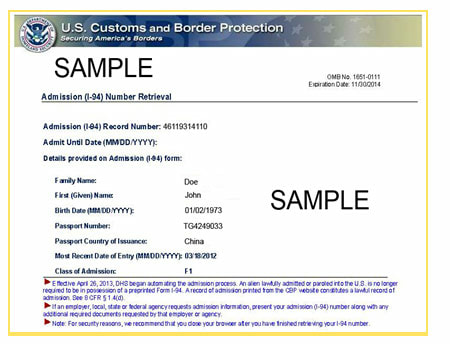WASHINGTON – Today, after receiving and considering over 50,000 public comments in response to a Notice of Proposed Rulemaking issued earlier this year, the Department of Homeland Security (DHS) and the Department of Justice (DOJ) finalized a new rule to further incentivize individuals to use lawful, safe, and orderly pathways to enter the United States. The rule builds upon efforts to combine lawful pathways with consequences for failure to use them, by placing certain limiting conditions on asylum eligibility for those who fail to use those pathways. This rule goes into effect once the Title 42 public health Order terminates, on Thursday, May 11, 2023 at 11:59pm ET.
The rule presumes those who do not use lawful pathways to enter the United States are ineligible for asylum and allows the United States to remove individuals who do not establish a reasonable fear of persecution or torture in the country of removal. Noncitizens can rebut this presumption based only on exceptionally compelling circumstances.
The presumption will not apply to a noncitizen if they, or a family member traveling with them, received appropriate authorization to travel to the United States to seek parole; presented at a port of entry, pursuant to a pre-scheduled time and place using the CBP One app; established that it was not possible to access or use the CBP One app due to a language barrier, illiteracy, significant technical failure, or other applicable exception; or sought and were denied asylum or other protection in at least one other country. Individuals may also rebut the presumption by demonstrating exceptionally compelling circumstances. Unaccompanied children are exempted from this presumption.
Last week, the Government of Mexico announced that they will continue to accept returns, on humanitarian grounds, of migrants from Cuba, Haiti, Nicaragua, and Venezuela who are processed under Title 8 authorities at the U.S. border. Individuals removed under Title 8 are subject to a five-year bar on admission and potential criminal prosecution should they seek to reenter unlawfully.
In January 2023, DHS announced new border enforcement measures to improve border security, limit irregular migration, and create additional safe and orderly processes for people fleeing humanitarian crises to lawfully come to the United States. This included a new parole process for Cubans, Haitians, and Nicaraguans, scheduling an appointment to present at a port of entry through the CBP One app, and efforts to surge personnel and other resources to the southwest border.
DHS has been preparing for the end of the Title 42 public health Order for nearly two years. In February 2022, DHS formally stood up the Southwest Border Coordination Center, which leads the planning and coordinating of a whole-of-government response to the anticipated increase in border encounters. In April 2022, Secretary Mayorkas issued the DHS Plan for Southwest Border Security and Preparedness, laying out a six-pillar plan to manage an increase in encounters once the Title 42 public health Order is no longer in effect. DHS updated the plan this past December and shared additional details regarding preparations last week.







 RSS Feed
RSS Feed